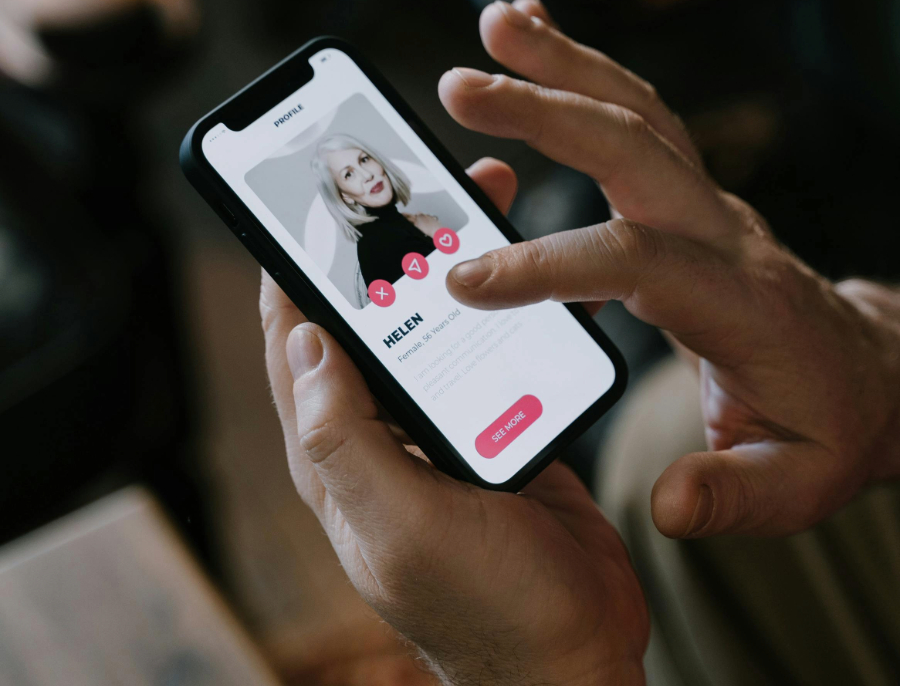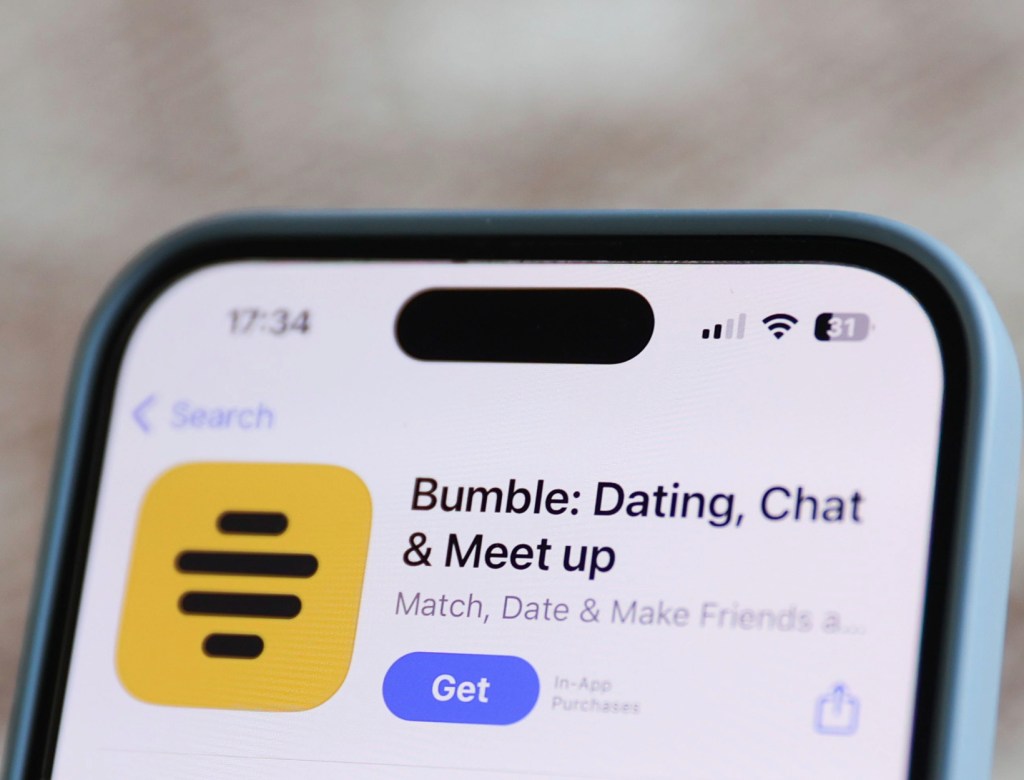She Married a Con Artist—Here’s How to Spot the Red Flags

Modern dating apps make meeting a new potential match as easy as a swipe. Unfortunately, they can also open the door to catfishing—the intentional creation of a false identity to win a partner’s trust.
The Dating Detectives hooks listeners with a real-life case that proves just how far a faker will go—and how quickly red flags can blur into romance when charm, gifts, and charisma get involved.
However, before we proceed, a word of note: the situation presented has been fictionalized and anonymized to protect the victim. If the story sounds familiar or a bit too close to home, there’s probably a reason for that.
Catfishing in real life
The success of catfishing hinges on one very important factor: how well the catfisher can “sell” their story to hook a would-be victim.
Early in the episode, a guest who goes by “Andrea” recalls how her now-ex-husband “sold” the story by sweeping her away with grand gestures when they were dating. “He had a reputation of being wealthy, a wealthy college student,” Andrea says. “Everybody thought he was a great guy. He had charisma.”
Dinner at the symphony, surprise jewelry, fresh flowers—each gift blurred her instincts until, as she puts it, she “was totally love-bombed.” Andrea states that his mask finally slipped after the pair got married. In a single, stunning confession, she revealed he admitted, “My company, Market Street Advisors, is a sham. I’ve actually been running a Ponzi scheme.”
Signs you might be a target
Coming to terms with catfishing can be difficult, especially if you’ve set your heart on the person you thought was your One True Love. But if you experience one or more of these situations, chances are, you’re kissing a frog that won’t turn into a prince:
- Strict control of communication channels. Andrea was told, “Don’t touch the mail,” and later scolded for touching his laptop—a classic case of information-gating.
- Extravagant gifts that arrive too soon. Rapid luxury buys can be camouflage for deeper deceit, and you may be particularly vulnerable to this if you’re someone who isn’t used to getting financially spoiled by your partner.
- Disappearing facts and shifting stories. Promises of tuition money, sudden claims of family wealth, or elite career pivots that never materialize often unravel under gentle scrutiny.
- Your body protests—even when your brain makes excuses. Producer Mollie, who stepped into hosting duties for the vacationing Mackenzie Fultz, alongside Hanna Anderson, notes, “it’s like a physical—your body knows before you do.” Sleepless nights, stomach knots, or racing thoughts are signals worth heeding.
How to prevent catfishing before it starts
Good boundaries are the sunscreen of online dating—use them from day one, and you won’t get burned later.
- Verify, verify, verify. A quick LinkedIn search, a reverse-image lookup, or a phone call to an alleged employer can confirm whether credentials match reality.
- Keep dating in public spaces for the first few months. Visibility discourages scammers and can keep you safe if things turn violent.
- Hold your financial boundaries. Never invest in, co-sign on a loan for, or pay large bills for a romantic partner you haven’t spent at least a year with in person.
- Trust your people. Andrea’s roommates were shocked when she got engaged and literally asked, “To whom?” Your friends, family, and that work colleague who’s seen too much frequently notice fishy business long before you do, mainly because their noses aren’t wide open from the love bombing.
What to do if you uncover catfishing
Being the subject of a catfish is shocking, but a clear action plan turns chaos into closure. Here’s what to do if you suspect you’ve been catfished:
- Collect hard evidence. Screenshots, emails, and banking records preserve facts when emotions flare.
- Cut private contact. Move conversations to platforms you can monitor (or end them entirely) and block access to sensitive data.
- Alert authorities and platforms. Report fraudulent profiles and, if money is involved, contact your bank and local law enforcement. If the catfishing happened with an international partner, get the FBI (via IC3) and Interpol involved, too.
- Lean on professional help. Therapists and financial advisers untangle psychological fallout and monetary messes far faster than solitary Googling.
- Resist self-blame. Even Andrea, who “thought we had worked hard and taken some risks,” learned that manipulation sat at the story’s core.
The Dating Detectives remind listeners that intuition is a lifesaver, not a liability. When a partner’s version of reality no longer matches lived experience, trust the churning in your gut.
Dating after deception takes courage, but the lesson is clear: Transparency, time, and consistency matter more than surprise pearls or over-the-top vacations.




















Leave a Reply